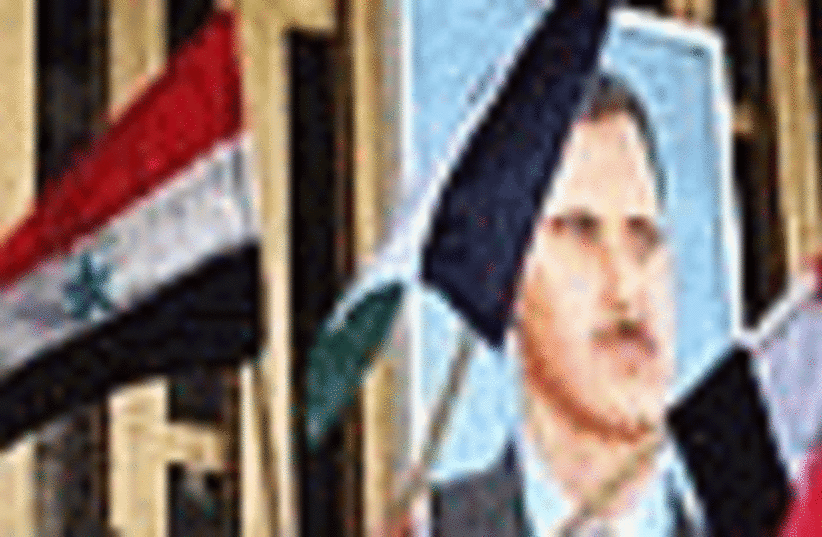| More about: | Syria, Presidency of George W. Bush, Bashar al-Assad, Assef Shawqat |
Analysis: The future of Syria's regime
This isn't a spy novel, it's an int'l investigation of the murder of the former Lebanese prime minister.


| More about: | Syria, Presidency of George W. Bush, Bashar al-Assad, Assef Shawqat |